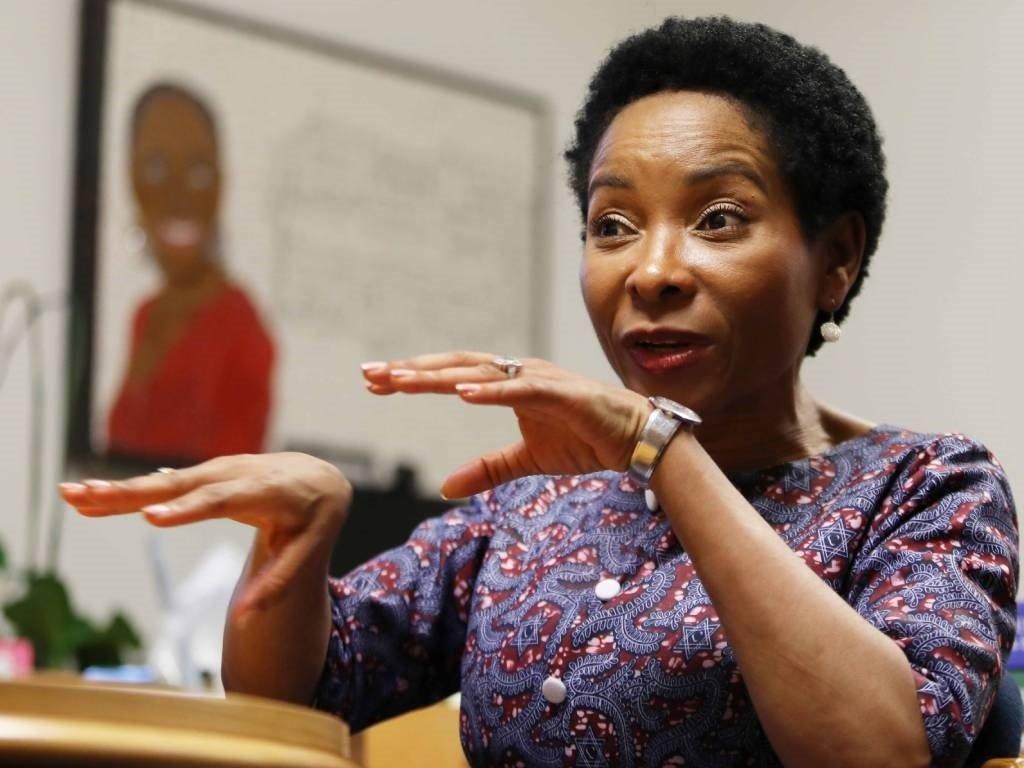Africa-Press – South-Africa. The Academics Union of the University of Cape Town (UCT) says a special council sitting held last week – where important decisions were made – was unlawful.
These decisions included an investigation into the conduct of the university’s vice-chancellor.
As a result, the union – which represents about 600 staff members – has sent a lawyer’s letter to the chairperson of the troubled university council amid concerns over governance.
The letter comes as the university gears up to hold another council meeting later this week. They will reconsider the option of an independent investigation led by a retired judge to probe serious allegations levelled against vice-chancellor Mamokgethi Phakeng and council chairperson Babalwa Ngonyama.
The union also referred to the senate meeting held on 30 September in the letter penned by Webber Wentzel and says this meeting was conducted “within the scope of its powers”.
During this meeting, it was decided a small group of 10 senate members would look into the conduct of the vice-chancellor and council chairperson regarding the departure of the former deputy vice-chancellor, Associate Professor Lis Lange.
The allegations centre around alleged questionable reasons provided by Ngonyama to the UCT senate for Lange’s early departure.
Lange was the deputy vice-chancellor for learning and teaching at the time.
The apparent proliferation of secretive non-disclosure agreements signed between Phakeng and departing senior staff was also put into question.
Ngonyama told the senate Lange wanted to leave of her own accord for personal reasons. However, in a letter to the senate, Lange strongly disputed this, stating she wanted to stay for a second term as the deputy vice-chancellor for learning and teaching and she had been effectively pushed out by Ngonyama.
Ngonyama allegedly told Lange that Phakeng did not want her to continue as her deputy.
The union also referred to the recent special council meeting where an internal probe into the senate’s actions – led by human resources – was supported. The union voiced its dissatisfaction with these choices by calling them “impugned decisions”.
It said both decisions of the council (to appoint an internal investigation and reject an independent probe) were subject to review. The decisions taken at the special council meeting and senate meeting must be “lawful, reasonable, rational and procedurally fair”, according to the lawyer’s letter.
“The impugned decisions were unlawful for a number of reasons, including the conflict of interest and bias on the part of council chair, vice-chancellor and deputy chair of the council as well as the unlawfulness, irrationality and unreasonableness of its decision,” the union added.
It said the senate’s decision was taken within the scope of its powers, adding the alleged procedural issues with the way the senate meeting unfolded were without foundation.
The union is demanding that a special council meeting be convened within five days to remedy the “illegality” of the impugned decisions.
It also demanded the council meeting must be convened without the participation or under the influence of the vice-chancellor, council chairperson and deputy chairperson.
“They must recuse themselves from all further process-related matters in which they have a conflict of interest.”
The union has given the university until next Monday or it will face legal proceedings on an urgent basis.
Union president Professor Kelley Moult told News24 its members were concerned about the events in question.
“In particular the last two weeks, [the events that have been widely reported in the media] represent a threat to good governance of the university, to the academic project and to the reputation of our university.
“We also believe that what has unfolded undermine the cornerstones of a university – institutional autonomy, academic freedom, and the space for robust debate. The members believe that, as a public institution, we should be committed to principles of good governance and transparency,” she said.
UCT has been approached for comment. Its comments will be added once received.
For More News And Analysis About South-Africa Follow Africa-Press






